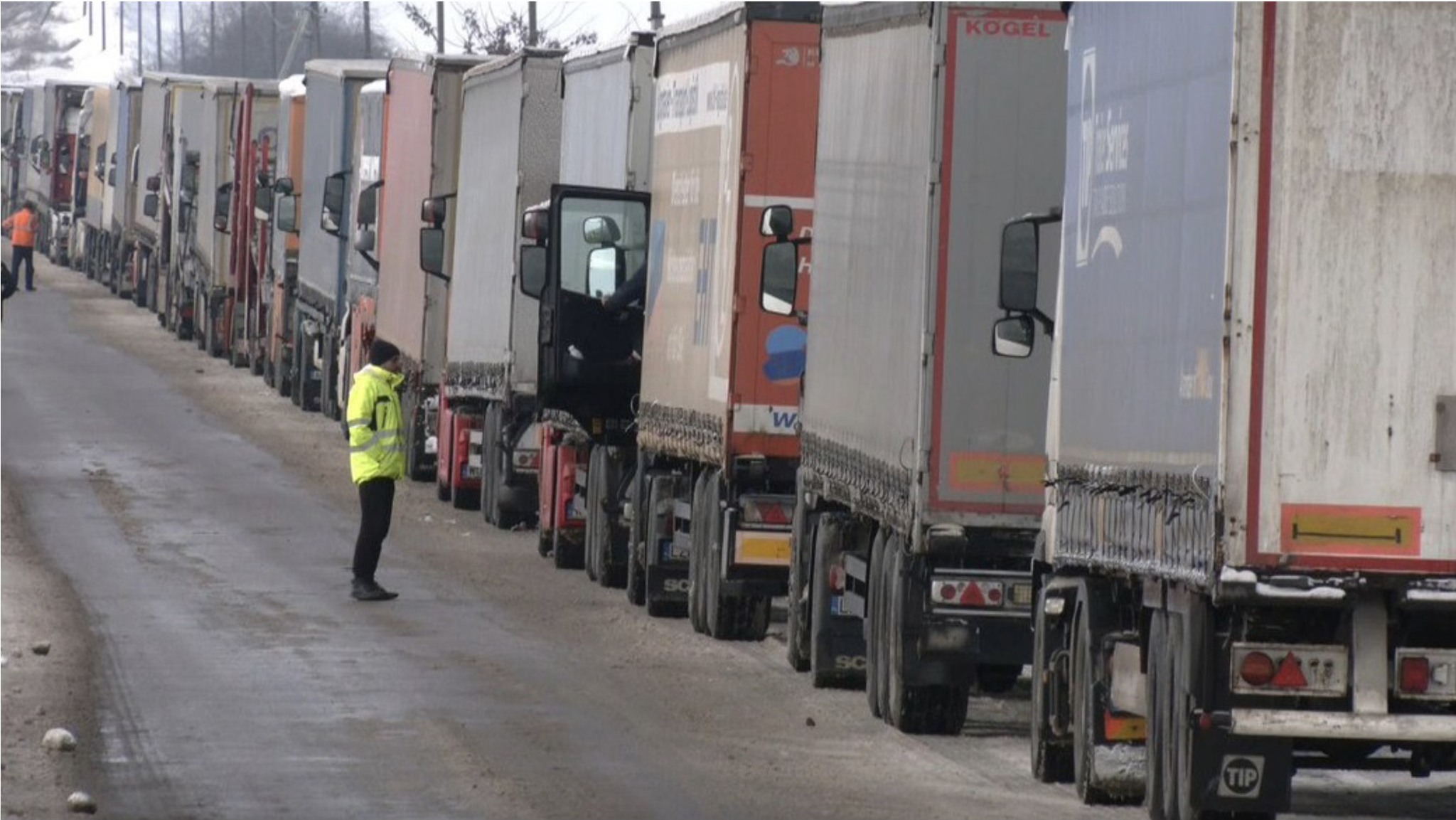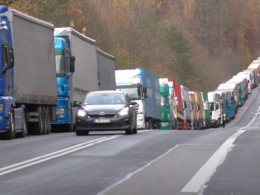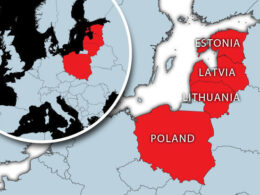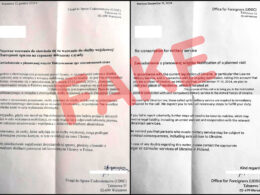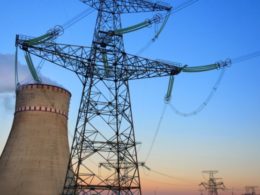Today, 2 April, Polish farmers restarted their protests around 9:00 AM at the Uhryniv-Dołhobyczów checkpoint, disrupting truck movement in both directions, even though they unblocked it temporarily on 28 March for the Easter holidays, Suspilne reports.
Ukraine heavily relies on its western border crossings, particularly those with Poland, for international trade and the imports of critical materials, such as military matériel and components, and humanitarian aid.
Last year, in November, Polish farmers and carriers blocked the Ukrainian border for the first time. Despite temporary suspensions and agreements reached between the Polish government and the protesting groups, the blockades continued and are currently ongoing. In March 2024 alone, the Ukrainian state budget lost approximately $160 million due to the border blockades.
According to Łukasz Adamski, the deputy director of the Mieroszewski Center for Dialogue, which monitors Polish-Ukrainian relations, this blockade causes indirect harm to the Ukrainian defense capacity and overall standing: agri-food products account for about 60% of the total Ukraine’s exports, meaning they contribute to paying for defense and crucial social expenditures.
The farmers argue that the influx of cheap Ukrainian agricultural products, facilitated by the EU’s open-door policy to support Ukraine’s economy during the ongoing war, has undermined their livelihoods.
The protests continue despite the recent talks between Poland’s Prime Minister Donald Tusk and his Ukrainian counterpart Denys Shmyhal, held on 28 March. The Poles reported to have reached some progress, including potential quotas on Ukrainian imports and a suggested 50% tax on Russian and Belarusian food imports. Shmyhal stated that Ukraine has agreed to “certain limitations” but did not provide specifics.
While Polish carriers also reached an agreement with the government in January 2023 and temporarily suspended their protests, farmers have continued to voice their discontent, with the latest blockade likely to cause further disruptions to cross-border trade and transportation.
Related:
- How to unblock the Ukrainian-Polish border crossing for good
- Polish PM says progress made on Ukrainian agri-imports, Ukrainian Deputy PM points out disputed issues
- Polish MP: Poland, Ukraine nearing deal on grain imports amid farmer protests

